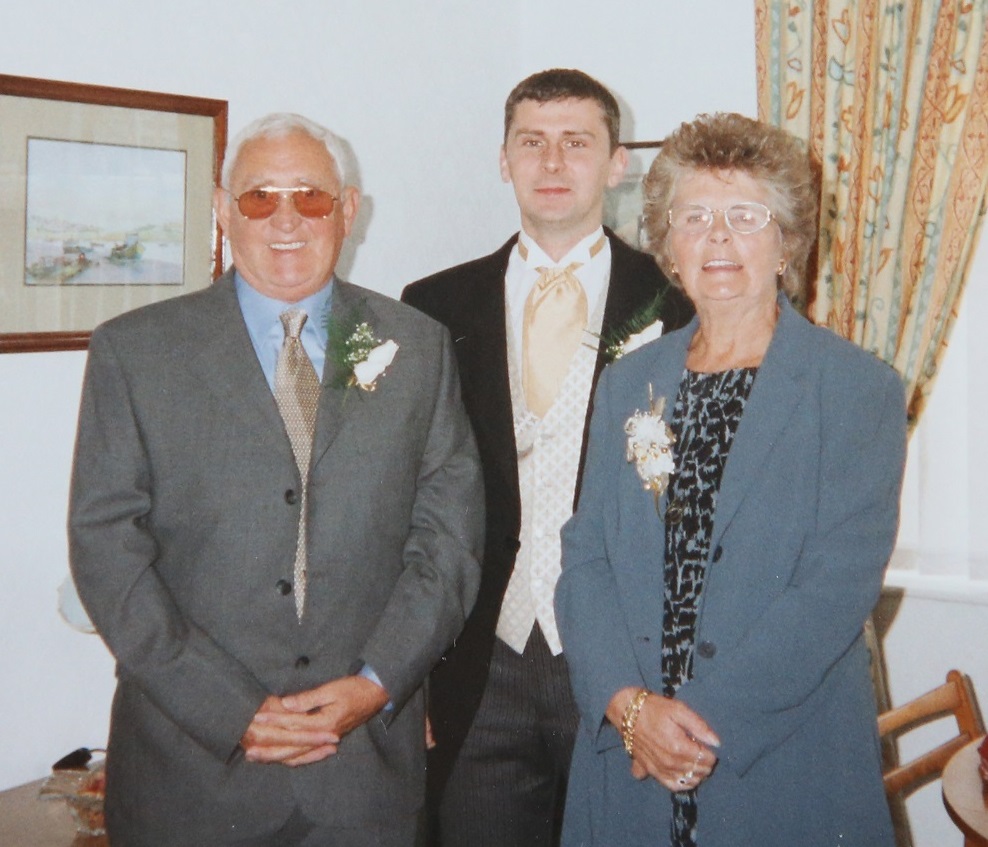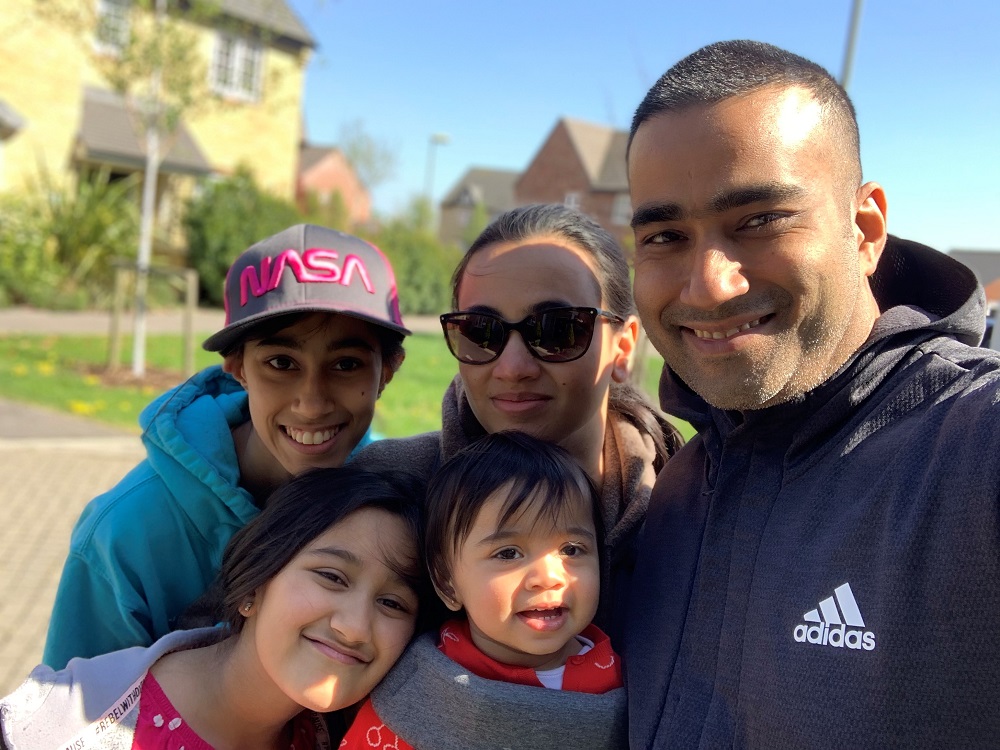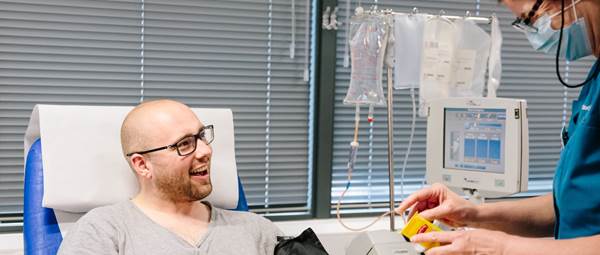Men make more coronavirus antibodies than women, making them better plasma donors
New analysis found men produce higher levels of COVID-19 plasma antibodies than women.
NHS Blood and Transplant is now launching a campaign for men who have had coronavirus to donate plasma for the national treatment trial.
The new figures show that 43% of male plasma donors so far had high enough antibodies for their donation to be used in the trial. This is compared to 29% of women.
Professor David Roberts, Associate Director for Blood Donation at NHS Blood and Transplant, said: “We’d still like to hear from anybody who had coronavirus or the symptoms. More plasma donors are needed.
“But we’d especially want to hear from men. We test every plasma donation and men have higher antibody levels, which means we’re more likely to be able to use their plasma to save lives.”
The new analysis was carried out by NHSBT’s statistics team and reported into the plasma programme last week. (1)
NHSBT is collecting convalescent plasma for a major coronavirus treatment trial, and if the trial is successful, widespread use in hospitals.
Prof Dave Roberts added: “Initially your immune system will try and fight off a virus with white blood cells. If you become more ill, your immune system needs to produce more antibodies that neutralise or kill the virus. Our studies and many others around the world show men with COVID-19 are more likely to become seriously ill than women. This makes them better plasma donors once they have recovered.”
Rachel Johnson, NHSBT statistics lead, said: “It is important to identify donors most likely to have high antibody titres that we can be as effective as possible in plasma collection to treat patients.
“The difference between men and women was statistically significant, so we can be pretty confident, even in this relatively small study, that men are more likely to donate the potentially life-saving plasma we need for coronavirus patients.”
Professor David Menon, an intensive care doctor at the University of Cambridge, said: ”There has been enormous global interest in whether convalescent plasma can help patients with COVID-19, and NHS Blood and Transplant is supporting two high quality trials of convalescent plasma in the UK, REMAP-CAP and RECOVERY.
“In order for the trials to rapidly deliver a result, it is really important that we have plasma from donors with high antibody levels, so that the transfusion has the best chance of affecting the clinical course and outcome of the disease.”
Convalescent plasma is being collected at NHSBT’s 23 donor centres around the country. Donation takes about 45 minutes. Your body usually replaces the plasma you’ve donated in 24-48 hours and you can get on with your normal day after donating. Your body quickly replaces the antibodies and people can donate plasma as often as every two weeks.
Anyone who has had coronavirus or the symptoms can offer to donate at a donor centre by calling 0300 123 23 23 or completing the online form.
Male donor stories
Simon Callon, 51, of St Helens, survived COVID-19 but lost his dad to the disease.
 Simon donated convalescent plasma at NHS Blood and Transplant’s pop-up centre in Speke, Liverpool.
Simon donated convalescent plasma at NHS Blood and Transplant’s pop-up centre in Speke, Liverpool.
Simon, a quality control officer said his dad Noel was generally well but died three nights after being taken into hospital and only two days after his diagnosis with COVID-19.
“I don’t want anybody going through what happened to my dad. He died on a hospital ward with no family or friends with a nurse holding his hand. Only 10 people were allowed at his funeral.
“He’d had a fall at home but the paramedics found his oxygen levels were low and he had a high temperature so they took him in.
“He had been with my mum for more than 60 years. He was ex-RAF and a long distance lorry driver but also an amateur painter who taught classes. His students formed a socially-distanced guard of honour with their paintbrushes.
“To me, donating plasma was a no brainer. If you can save somebody or help somebody, you would do it. The donation was easy, no pain. The staff were brilliant. I hope I can help someone.”
 Dr Wassim Shamsuddin, a Consultant Anaesthetist at Milton Keynes University Hospital Foundation Trust, donated convalescent plasma at Oxford donor centre after recovering from COVID-19.
Dr Wassim Shamsuddin, a Consultant Anaesthetist at Milton Keynes University Hospital Foundation Trust, donated convalescent plasma at Oxford donor centre after recovering from COVID-19.
The 40-year-old from Bicester said: “I have seen the effects of the virus firsthand and how it has taken the lives of many people, both old and young.
“When the opportunity came to donate plasma and hopefully antibodies to help others in the fight against COVID 19, it was a no brainer for me.
“I have seen how the virus has disproportionately affected the BAME group, within the health care professionals and in the community.
“If plasma turns out to be one of the treatments shown to be of benefit to individuals then I would have played my part.
“It’s a small gesture of my gratitude towards the amazing health service we have and everyone working tirelessly to help those come into the hospital with the virus and other pathologies.”
Notes
- The results were from 592 Convalescent Plasma donations between 21 April and 14 May, of which 448 were from males and 148 were from females. High antibody was defined as meeting the EUROimmun 6.0 threshold. This analysis is new, using additional data, compared to a smaller previous analysis.
Pictures
- Simon Callon with dad Noel Callon and mum Kathleen Callon
- Wassim Shamsuddin with his wife Salma 36, and children Nada, 12, Sofia, 9, and Maria, 1.
